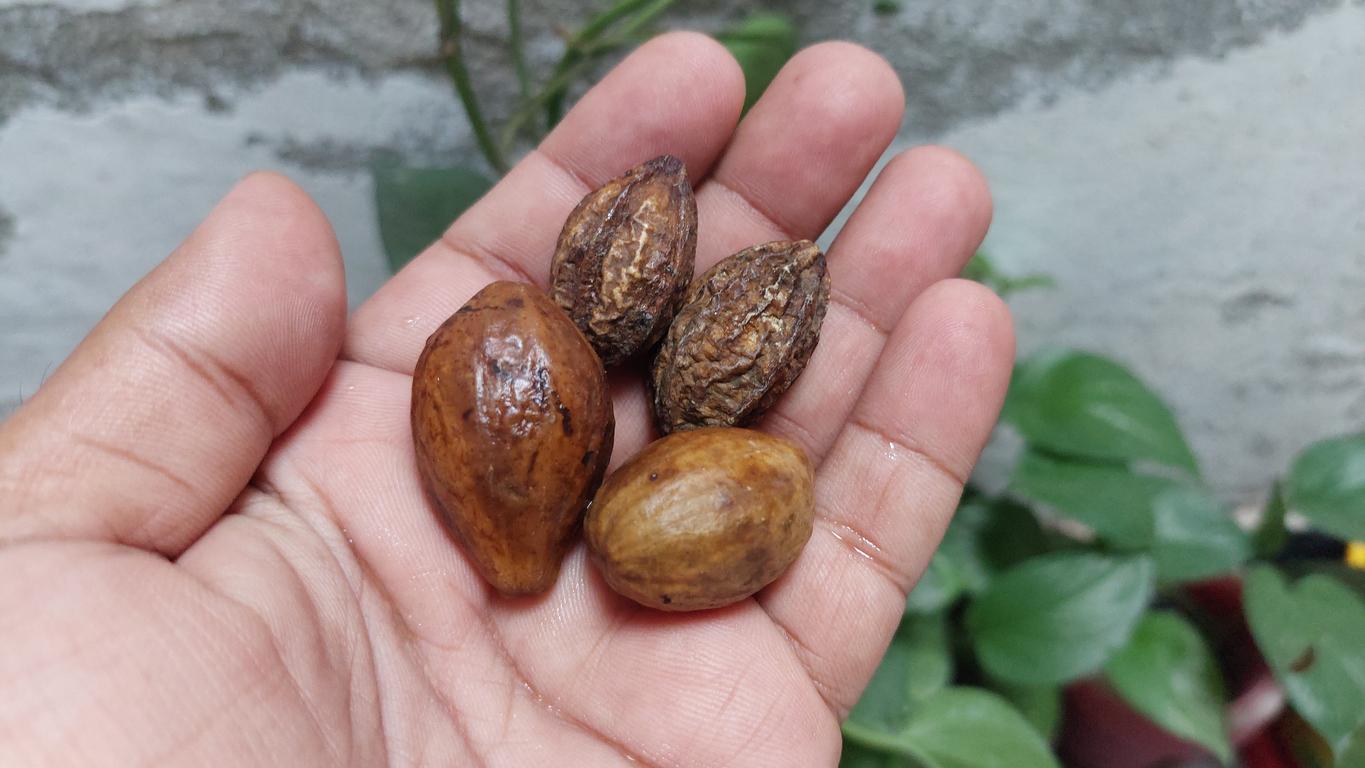Do you know carpolobia lutea? No ? This is normal: this tropical shrub (which can still grow up to 10 meters in height …) grows on the west coast of the African continent, from Sierra Leone to Cameroon.
With large leaves and edible fruits, carpolobia lutea is a key ingredient of the traditional Ibibio pharmacopoeia, a West African ethnic group that lives mainly in south-eastern Nigeria, but also in Ghana, Cameroon. and in Equatorial Guinea. Indeed, it is credited with medicinal properties: its roots, sap and leaves are used in cases of gingivitis, ulcer, malaria or even gynecological infections.
Anti-inflammatory and analgesic
Researchers at the University of Nottingham (England) took a closer look at this plant and discovered that it could be effective in Alzheimer’s disease. “We must not neglect traditional medicines, which can be our allies in the fight against Alzheimer’s disease” explained Dr Wayne Carter, main author of this work, published in the specialized journal Pharmaceutical Biology.
Scientists have thus validated certain benefits of the African plant: it actually has anti-inflammatory and analgesic properties. “However, Alzheimer’s disease (like many neurodegenerative pathologies) is also linked to inflammation occurring in certain brain cells” adds the specialist. In addition, carpolobia lutea would also better fight against free radicals, substances that can worsen the symptoms of the disease.
“This discovery could lead to the development of new drug treatments”, argue the British researchers. Case to be continued!
To read :
Drink tea to prevent Alzheimer’s disease?
Alzheimer’s disease: extra virgin olive oil would protect against dementia
Omega-3s for Alzheimer’s disease


















